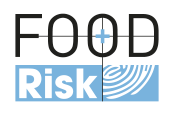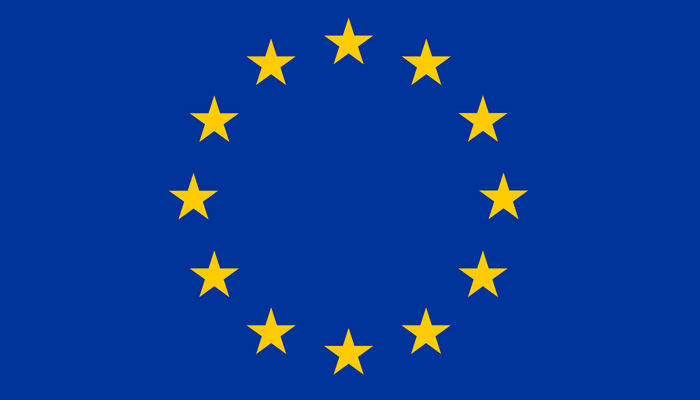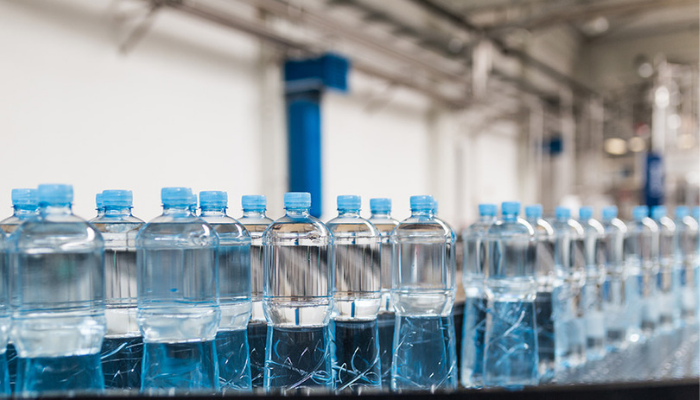The Regulation (EC) No. 178/2002 established the general provisions concerning the safety of food products.
This legislation is designed to protect the interests of consumers, in particular by preventing fraudulent and misleading practices and the falsification of food products.
Managers in the agri-food sector are responsible for meeting the requirements set out in food legislation, from production to distribution of food products.
Furthermore, under the framework of the Regulation (EU) 1169/2011 concerning consumer information, the labelling of a product must leave no doubt as to the nature, identity, characteristics, composition, quantity, durability, country of origin or source, production method or procurement of the food product.
There are two main types of food fraud:
- Adulteration, which involves diluting/cutting an expensive food product with a less expensive ingredient. This type of fraud can lead to significant risk to consumer health.
- Misleading labelling which does not meet consumer expectations.
The main certification standards (BRC, IFS, ISO 22000) now require an assessment of fraud risk.
This risk must be assessed using a vulnerability analysis that notably examines:
- The history of frauds for the product in question
- The conditions of the supply chain (number of intermediaries)
- The economic and geopolitical context of the countries through which the ingredient has travelled
- The presence of a quality policy at the supplier which is recognized by a competent authority
This assessment enables definition of a surveillance plan for the ingredients at risk.
Numerous analysis methods enable identification of a fraud, notably using DNA analysis via PCR, next-generation sequencing (NGS), microscopy, liquid chromatography, isotope-ratio mass spectrometry (IRMS) and site-specific natural isotope fractionation-nuclear magnetic resonance (SNIF-RMN).
As a reminder, from December 2018 to April 2019, operation OPSON VIII was carried out, coordinated by EUROPOL and INTERPOL. 78 countries took part in this operation which enabled identification of 16,000 tons of food products and 33 million litres of dangerous and/or counterfeit drinks representing a total of over 100 million euros.
Céline Cezar, Regulation Manager for Phytocontrol










































